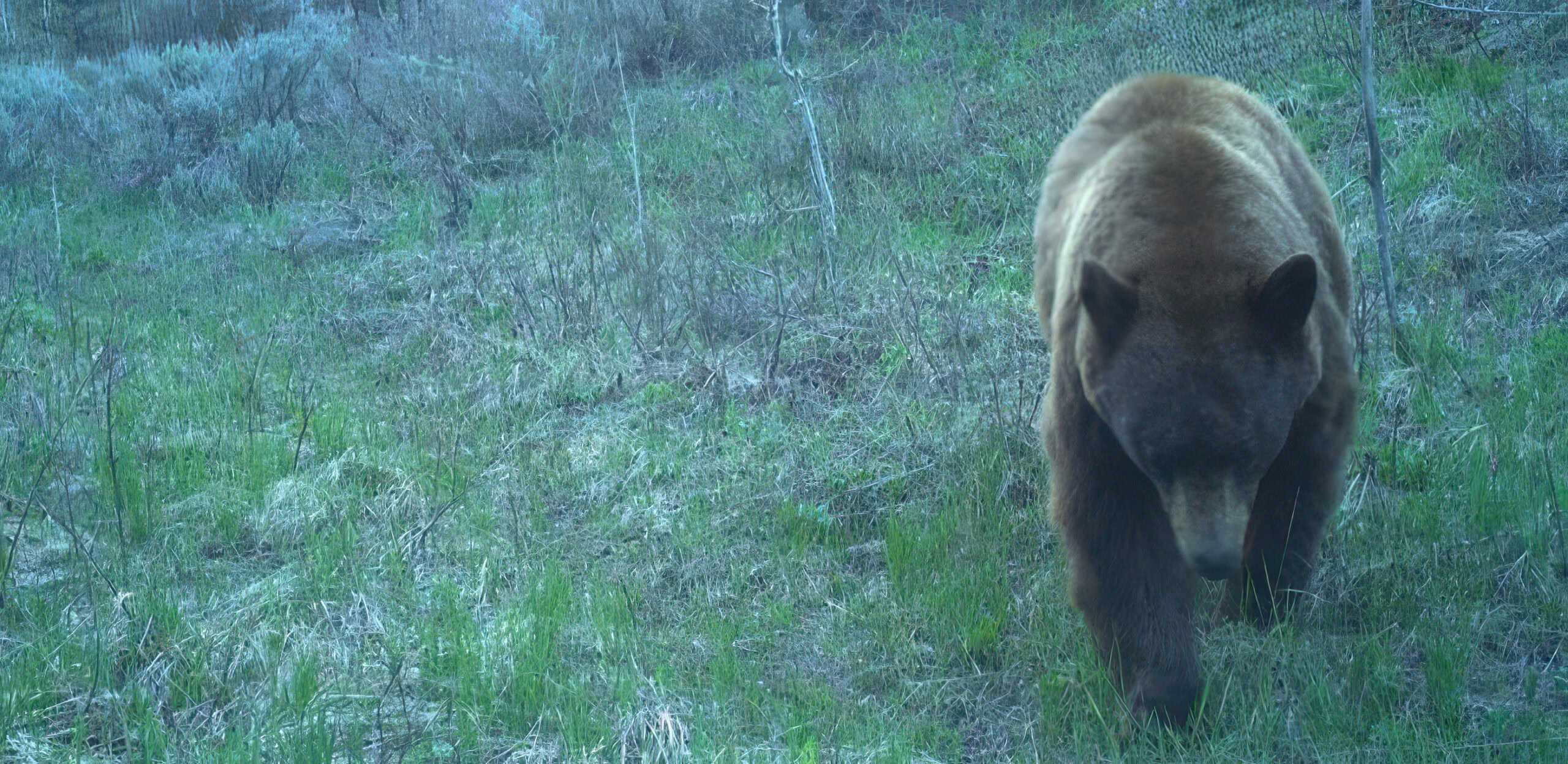Share this article
Young researchers call for science in environmental decisions
On Nov. 15, early-career scientists and researchers wrote an open letter to Canadian Prime Minister Justin Trudeau and six cabinet members calling for greater incorporation of science in Canada’s environmental and regulatory decision processes. Scientists from the University of Alberta, University of Calgary, and University of Lethbridge were among the more than 1,300 signatories from 60 Canadian and 30 international research institutions.
The early-career professionals urge the Canadian government to incorporate scientific evidence in the decision-making process, stating that “[c]arefully conducted and independent science is crucial to evaluating the consequences of actions: objectivity and transparency are essential, and inconvenient information cannot be dismissed.”
The letter stresses that government should further “[s]eek and act on the best available science” when evaluating potential and existing environmental impacts. The letter also recommends measures to ensure transparency and minimize bias during the decision-making process. These include holding public meetings; having independent parties conduct reviews; and creating a permanent, public, and easily-accessible federal registry that documents the data used to inform assessments. Clear decision-making criteria should also be developed and made publicly accessible, according to the letter.
Furthermore, the signatories recommend that project reviews should consider both the immediate environmental impacts of a project and the possible cumulative effects, like greenhouse gas emissions that ultimately impact the global climate.
While these recommendations were not given in response to a specific environmental decision, they are presented in the wake of two controversial project approvals granted by the Canadian government.
On Sep. 27, the federal government approved the Pacific NorthWest LNG project: the construction of a pipeline and terminal to store liquified natural gas in British Columbia. Environmental groups and First Nations wrote letters and filed lawsuits in October, many arguing that the environmental assessment conducted had failed to adequately inform the approval.
Hydro BC’s construction of the Site C hydroelectric dam, also in British Columbia, was approved in Dec. 2014. The dam’s construction is projected to flood at least 3,800 hectares including agricultural and First Nation heritage lands. The project remains controversial, as groups question both the $8.8 billion cost of the project and the predicted environmental impacts.
Read The Wildlife Society’s Standing Position on The Use of Science in Policy and Management Decisions.
Header Image: Parliament Hill in Ottawa, Ontario. ©Wikimedia Commons








